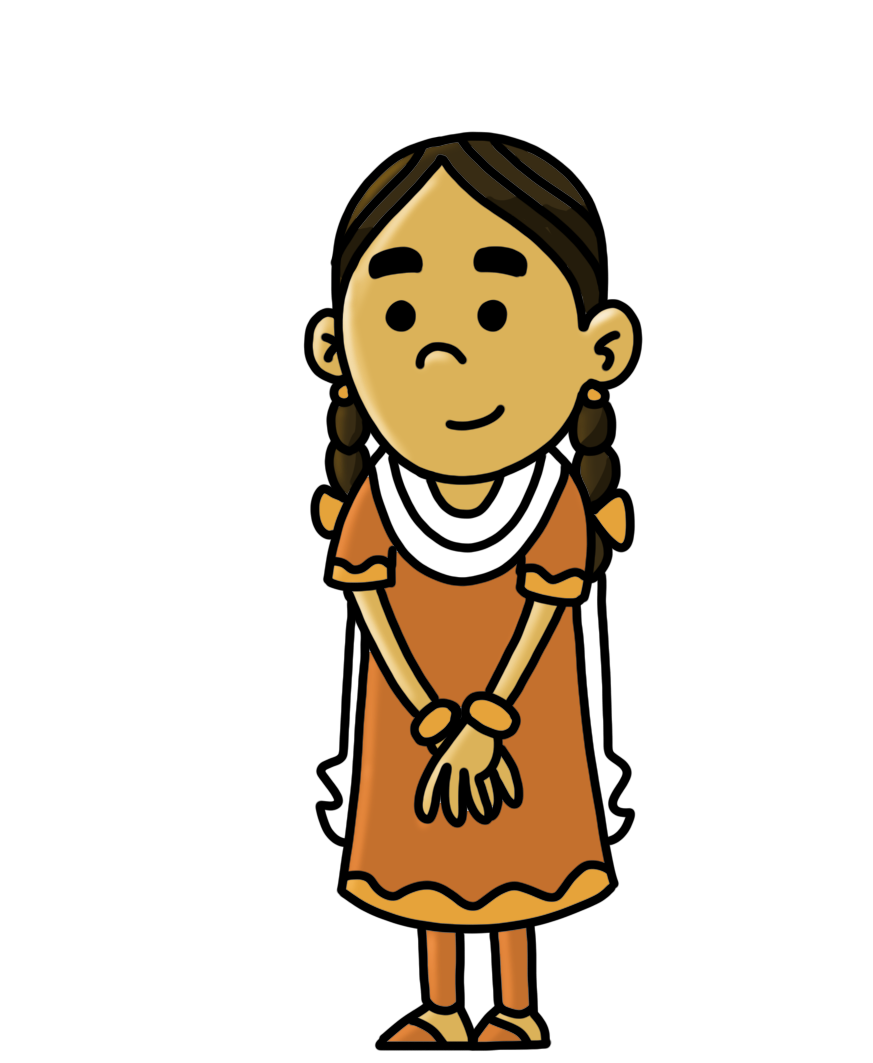The following are the effects of adoption, regardless of which law you have adopted under:(( Section 63, Juvenile Justice (Care and Protection of Children) Act, 2015; Sections 12, 13 and 15, Hindu Adoption and Maintenance Act, 1956.))
- Child of Adoptive Parent: The child becomes the child of the adoptive parent(s), and the adoptive parent(s) become the parents of the child as if the child had been born to them, for all purposes.
- Familial Connections of the Child: The child’s connections with the family of birth are broken off and replaced by the ties created by the adoption in the adoptive family. However, under the Hindu law on adoption, the adopted child still cannot marry any person whom the child was prohibited from marrying while in the family of birth.
- Property Rights of the Child: Any property owned by the adopted child before the adoption shall continue to remain the child’s property, along with the obligations attached to the property (including the obligation to maintain relatives in the biological family.)
Additionally, under the Hindu law on adoption,(( Hindu Adoption and Maintenance Act, 1956.)) from the date on which the adoption order of a child becomes effective:(( Sections 12, 13 and 15, Hindu Adoption and Maintenance Act, 1956.))
- Property Rights of the Child: The adopted child cannot claim ownership and deprive property which a person had before the child was adopted. An adoption also cannot stop the adoptive father/mother from disposing of their property by transferring it during their lifetime or bestowing it by will.
Cancelling a Valid Adoption: A valid adoption cannot be cancelled by the adoptive parent or any other person. Once adopted, a child cannot reject the adoption and return to the family of birth.

